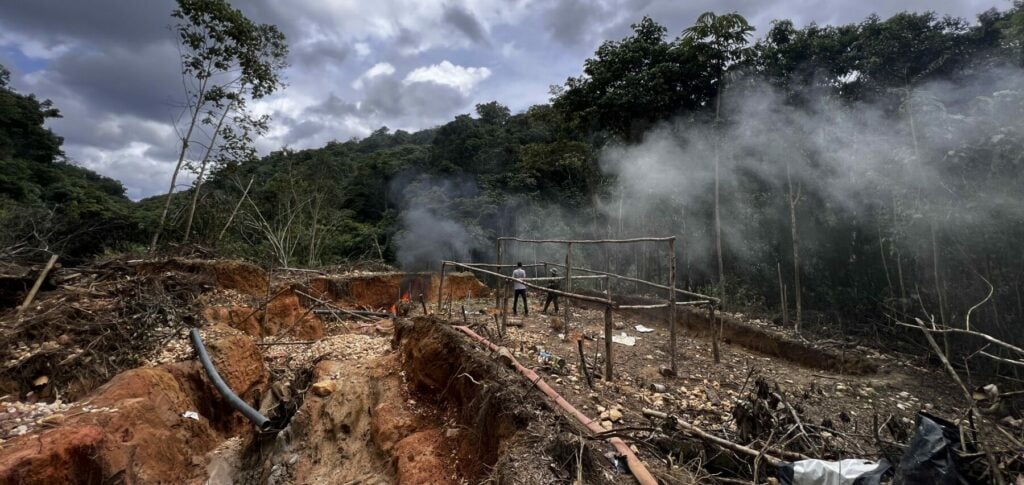According to researchers, the area most at risk is the Congo Basin, threatened by rapid deforestation, where rainfall could decrease by 10% by the end of the century, according to researchers.
ADVERTISING
“We could reach a point where tropical forests can no longer renew themselves,” said the text’s lead author, Callum Smith, from the University of Leeds.
Smith and his colleagues collected satellite data between 2013 and 2017 in the Amazon, Congolese and Southeast Asian biomes, and found that massive deforestation interrupts the water cycle and significantly reduces rainfall, especially in the wet seasons. This happens because tree leaves release water vapor, which can cause localized rain.
It's not always possible to reverse!!
The scientist highlighted that the recovery of destroyed forests can reverse this phenomenon, and called for increased preservation efforts.
ADVERTISING
However, in the Amazon, the largest tropical biome on the planet, climate change, associated with deforestation, could lead to a “path of no return” which would bring the forest closer to a savanna state.
Studies have already shown the importance of tropical forests for the planet's climate (as they absorb a large amount of greenhouse gases), but the impact of deforestation on local climates had only been observed in some specific regions.
(Source: AFP)
See also:




